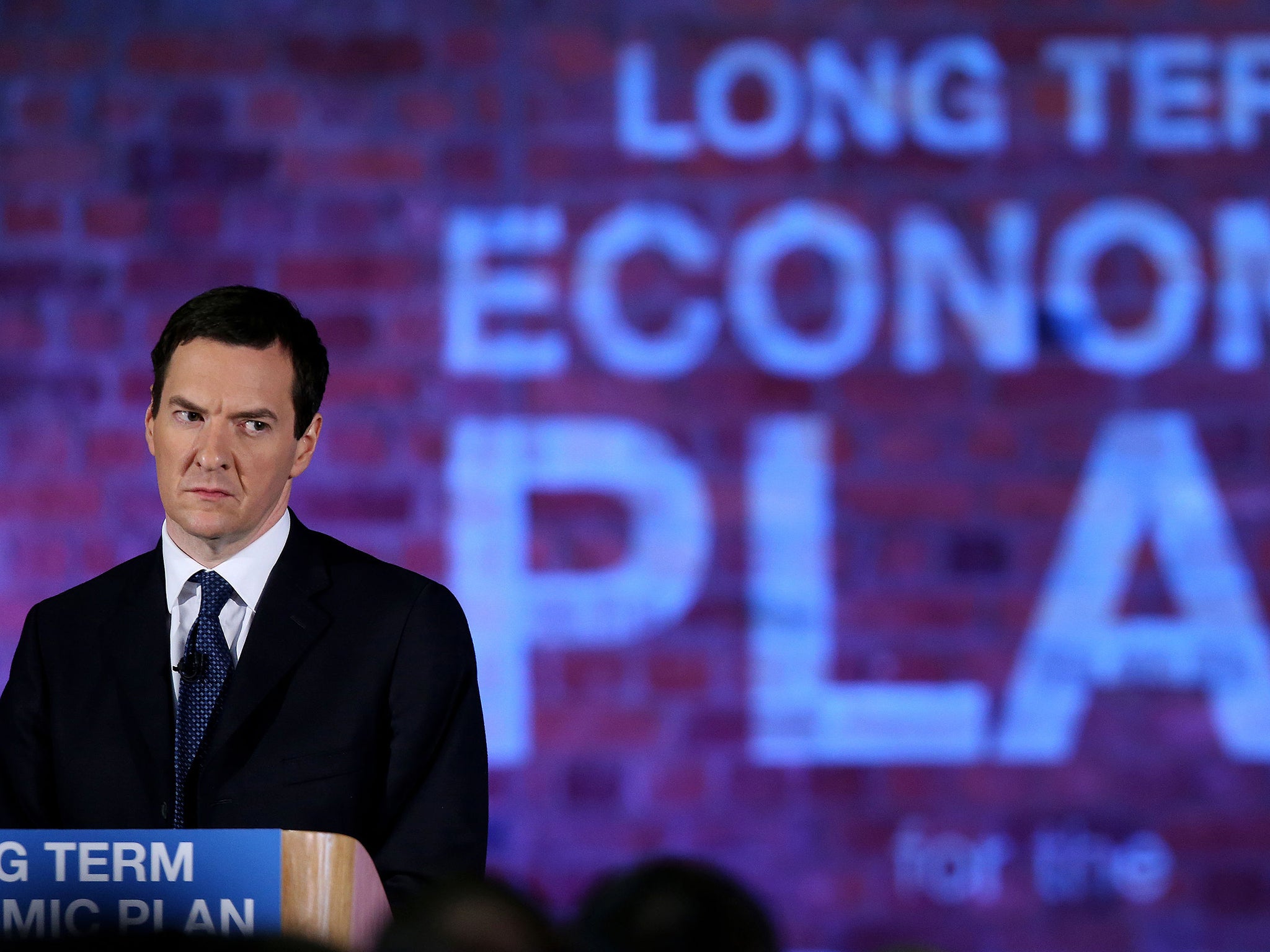Councils warn they face £1bn annual bill for implementing George Osborne's new living wage
Analysis revealed that the policy will cost councils a minimum of £340m a year from next year, rising to more than £1bn by 2020

Your support helps us to tell the story
From reproductive rights to climate change to Big Tech, The Independent is on the ground when the story is developing. Whether it's investigating the financials of Elon Musk's pro-Trump PAC or producing our latest documentary, 'The A Word', which shines a light on the American women fighting for reproductive rights, we know how important it is to parse out the facts from the messaging.
At such a critical moment in US history, we need reporters on the ground. Your donation allows us to keep sending journalists to speak to both sides of the story.
The Independent is trusted by Americans across the entire political spectrum. And unlike many other quality news outlets, we choose not to lock Americans out of our reporting and analysis with paywalls. We believe quality journalism should be available to everyone, paid for by those who can afford it.
Your support makes all the difference.Councils have warned they face a £1bn annual bill after George Osborne announced an increased minimum wage.
The Local Government Association said the cost of implementing the Chancellor’s national living wage, announced in the Budget, should be taken into account when council funding levels are set. People over 25 will be paid a minimum of £7.20 an hour from April next year, rising to £9 by 2020.
The association’s analysis revealed that the policy will cost councils a minimum of £340m a year from next year, rising to more than £1bn by the end of the decade.
Some 95 per cent of the local government workforce already earns more than £7.20 an hour, but 92,820 earn less including street cleaners, school crossing patrols and school dinner staff, mostly part-timers.
The association’s chairman, Gary Porter, said: “Councils support proposals to introduce a national living wage to help ensure staff receive a fair day’s pay for a fair day’s work.
“However, our analysis shows the cost to councils of implementing the change will keep growing and reach £1bn by the end of the decade.”
Subscribe to Independent Premium to bookmark this article
Want to bookmark your favourite articles and stories to read or reference later? Start your Independent Premium subscription today.
Join our commenting forum
Join thought-provoking conversations, follow other Independent readers and see their replies
Comments